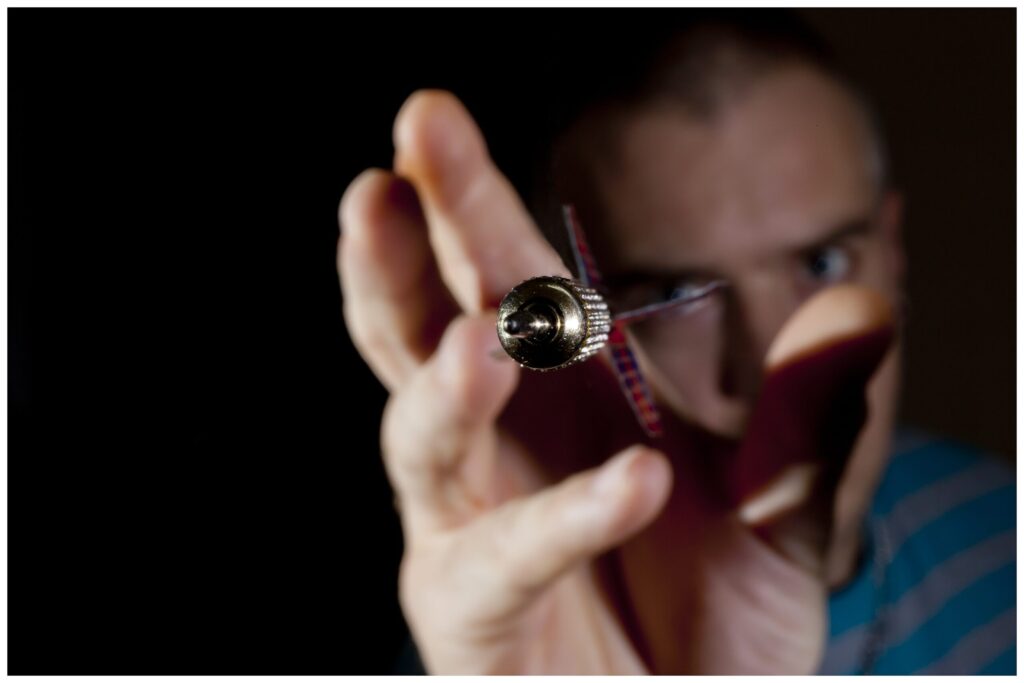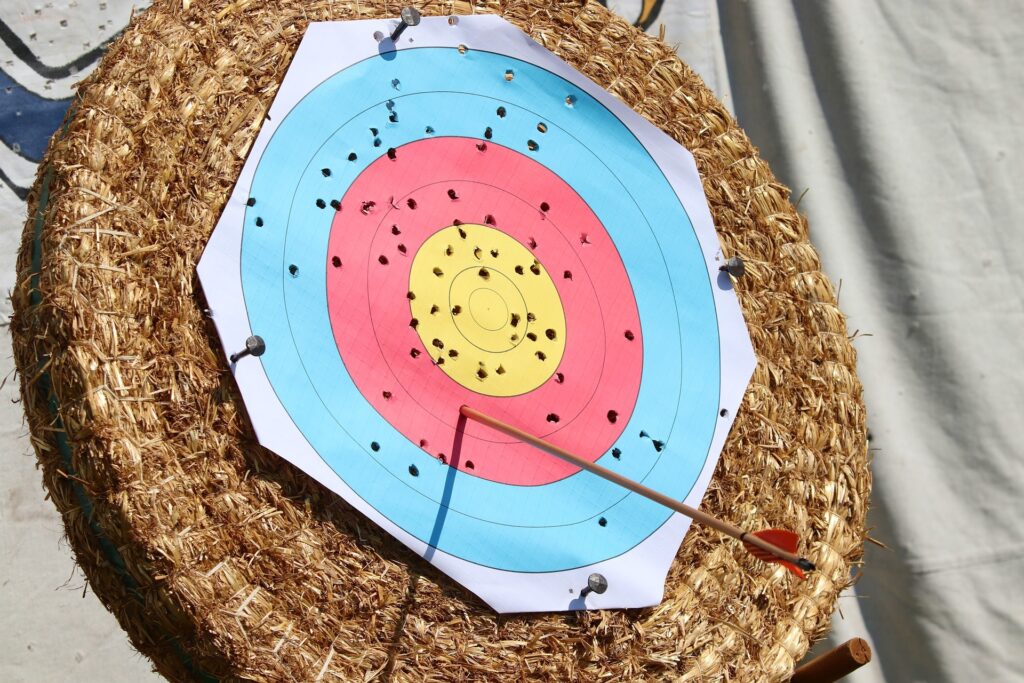Don’t Get Hung Up on Perfect Practice

There is an interesting phrase pair I have been hearing from a lot of instructors:
“Practice makes perfect.”
Then an admonishment:
“No. Practice makes permanent. So make sure you don’t practice poorly!”
The first is a message of hope and resilience. If you practice and stay the course, you can find mastery. If things are going wrong, keep practicing.
The second contains the idea “quality not quantity”, that’s a beautiful idea. However for many it also contains the message “Don’t practice unless you can do it perfectly already.”
Perfect Progress?
I have seen many students trying to follow this second piece of advice and during the space of a class they only allow themselves to do a very small number of repetitions of any given technique. They haltingly muddle through each and every motion attempting to perfect it while in progress. I see them judging the quality of each stage, and judging themselves as well, long before such judgments are necessary or useful.
Sometimes you just need to allow your body/brain to figure things out through exposure and repetition. Your unconscious mind is far better at identifying patterns (positive and negative) than your conscious mind. When you seek perfection too early, you interrupt your natural learning process with over-thinking.
Purposeful Progress
When someone is first learning a mechanic, I’d much rather they understand the objective of that mechanic and then practice the technique as much as possible. If you understand the outcome you are looking for you can continue to tweak and adjust the motion until it gets better at achieving that outcome.
As an instructor I try to provide my students with a context for any motion they learn and the waypoints they want to pass and why. If possible I create a stimulus and response to their technique that gives them a physical feedback of success or failure (if you successfully parry you don’t get hit). Then I invite them to do that motion as much as possible and I give them coaching when it seems relevant. That’s not a lot of coaching. Everyone needs time for their own feeling and exploration, too much coaching means too much thinking. At the end of the day, we want to “intuit” our way through a swordfight, not think our way through.
Perfectly Comfortable
Learning something new is uncomfortable. Doing something you are not used to is, by definition, uncomfortable. As an instructor I am very comfortable with this in my students. I am patient with their learning. I want them to be patient with their learning as well.
So many aspects of physical training require a connection to the “feeling” of doing it properly. This is not something you can manage on a mental checklist. So stop trying. Turn off the judgment and turn up the curiosity. Let yourself do the motion a lot of times, feel the outcome, tweak and experiment, and be patient. Learning is uncomfortable and requires lots of bad reps before you find proficiency. So don’t aim for perfection, aim for practice, and get those bad reps going.
Devon



Responses